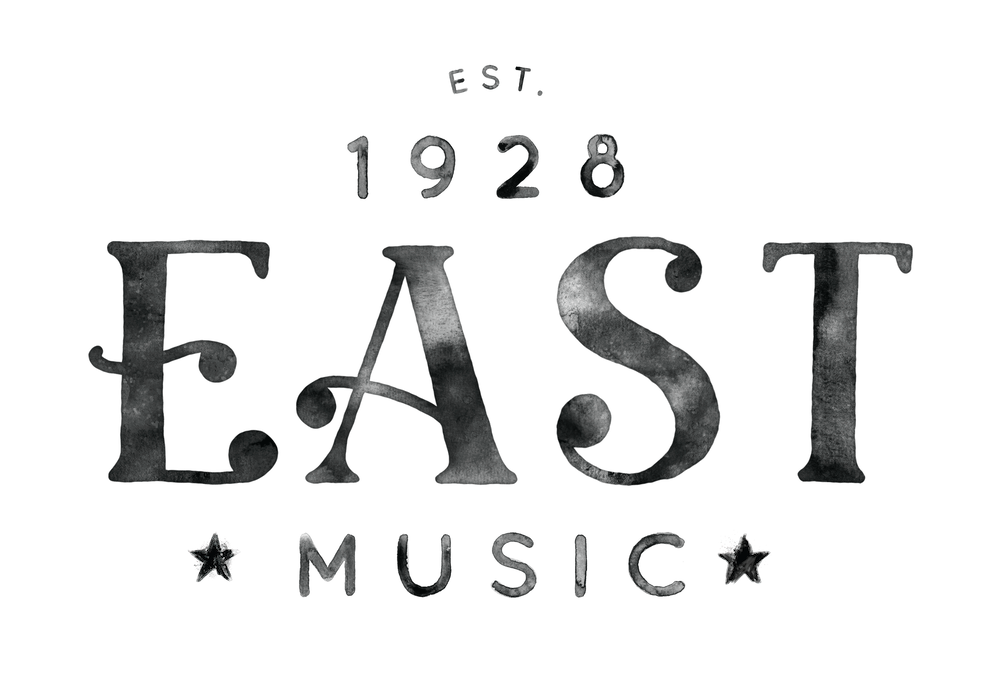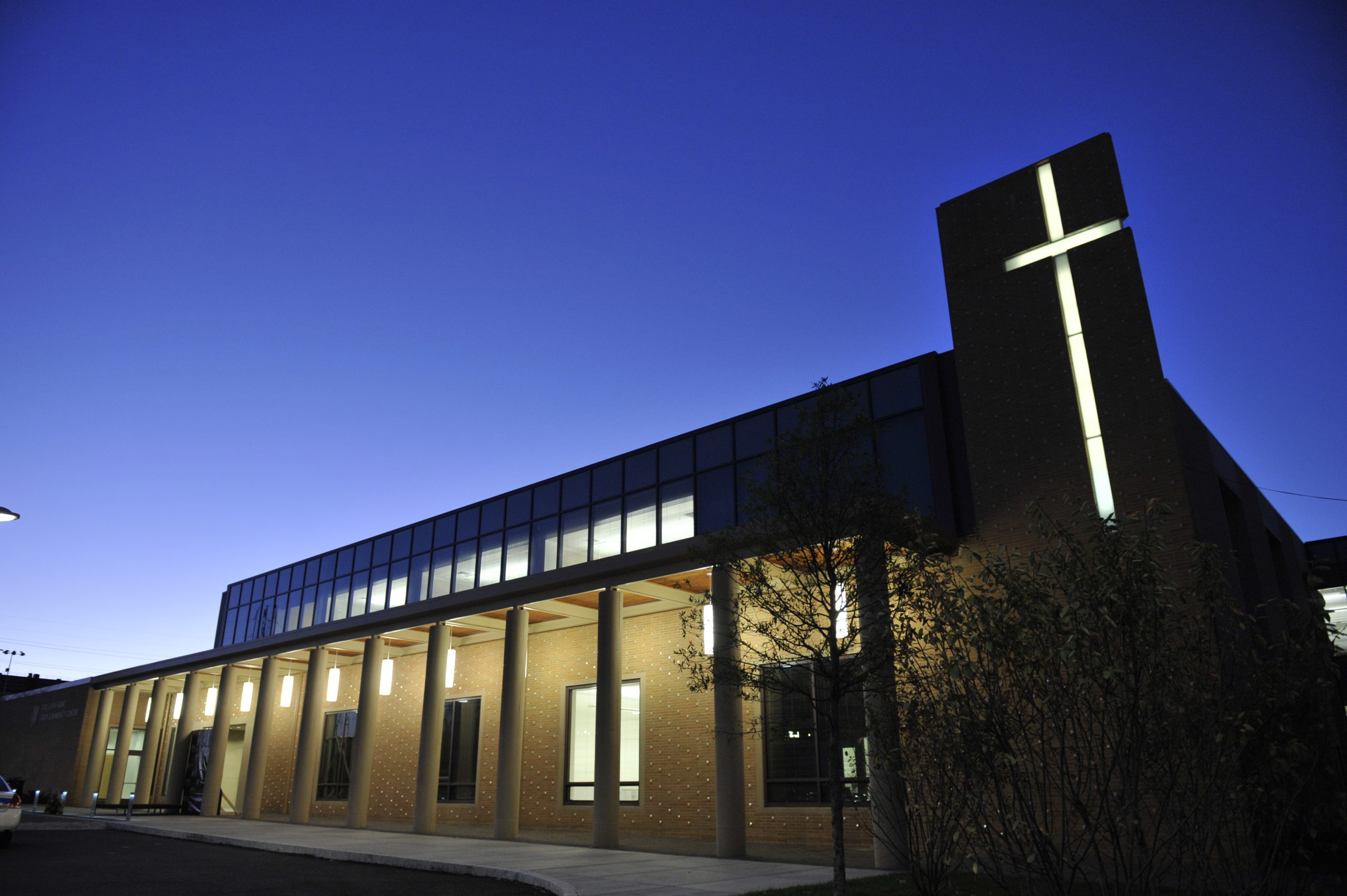Article originally from: magic983.com
By Lora Lewis
Say “Salvation Army” and what’s the first thing you think of? Red kettles? Disaster relief? How about tubas and trombones?
Since its inception, The Salvation Army founder William Booth and his volunteer army has taken music beyond the church walls to the streets. Choirs and brass bands have been an integral part of its ministry, a tradition this continues today as local Salvation Army centers use music instruction to enrich the lives of people in the community.
For many children, music and art classes have been greatly reduced at their schools, and private lessons or camps are simply out of reach for many parents. Community-based Salvation Army centers – already a draw for their safe after-school environment and their sports and homework programs – have stepped up to offer kids the opportunity to connect with music and the arts through low or no-cost classes and camps.
While many of their youth centers offer choices including dance, visual art, writing and acting, their brass instrument and singing lessons are the biggest draw.
“Giving a child the gift of music for the first time is the most rewarding experience as a teacher. When I sit with a new student, they open the instrument case to see a shiny new cornet in front of them and their eyes light up. From that moment forward, I know that child’s life will forever be changed,” explains Aaron Harris, the Philadelphia Salvation Army Ray and Joan Kroc Center’s Performing Arts Manager.
“They will build lifelong relationships, feel the rewards of working together to create, and most importantly, know there is a God that loves.”
Offerings vary by location. At the Kroc Corps Community Center, there are free weekly music classes for children and adults starting at age 7, and an evening choir and band for children, teens and adults. All students who enroll in the Music and Arts Program participate in weekly worship services, as well as volunteering their musical gifts to support the work of the center. Students can study singing, piano, brass, and percussion.
For the community, the Kroc Center offers individual piano lessons, a youth orchestra program, group guitar classes, dance, and music production, as well as hosting a community Jazz orchestra.
Volunteer teachers, under professional music direction, staff the programs, not only teaching chord progressions and proper finger positioning but also counseling the students, instilling discipline and fostering teamwork.
“Someone gave me this gift 30 years ago and I still see it changing lives today the same way it changed mine,” Aaron Harris remembers.
Music lessons fit into one of the Salvation Army’s main goals: education, to lead to independence and self-sufficiency. Kids who take music lessons develop sharper minds.
Studies have shown that music engages the areas of the brain involved with paying attention, making predictions, and updating events in our memory.
Music lessons offer more than intellectual benefits, they can have an impact on a child’s future physical health. Making music with others reduces risky behavior. Students who participate in band or orchestra have some of the lowest levels of lifelong use of tobacco, alcohol, and illicit drugs.
Music has become an important part of The Salvation Army’s outreach, especially for youth. Former world leader of the Salvation Army, General John Larsson, said, “The Army needs more music. Not less. God has given The Army an enormous advantage by entrusting it with the gift of music. It has a ready-made road into everyone’s heart and mind. It has been given a universal language.”
The first Salvation Army band was formed by accident. In 1882, founder William Booth engaged Charles Frye and his family to help maintain order at Salvation Army street gatherings. Frye and his sons began to bring their brass instruments to the corner rallies to keep the crowds in order. At first hesitant – his goal was saving souls – William Booth came to see music as a means to an end, as it could attract people and speak to their heart. Avoiding “sophisticated” church music, he allowed for simple, pleasant music that carried a solid message. By 1914, two years after his passing, The Salvation Army could boast 1,674 brass bands with 26,000 players in 56 countries!
To participate in Salvation Army music programming, please contact your local Salvation Army to see what they offer.
For more information, contact the territorial music departments throughout the United States:
Eastern Territory: https://music.saconnects.org/
Southern Territory: http://www.ussmusicandarts.org/

